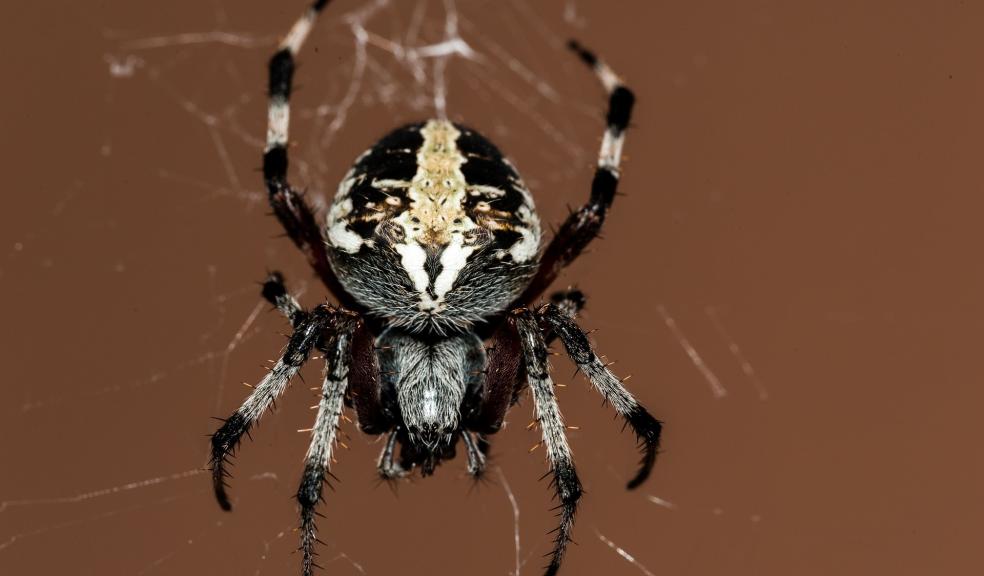
Vets issue warning to pet owners as spiders set to invade UK homes
A seasonal drop in temperatures means we are heading towards spider season; wildlife experts have advised UK households.
Whilst it is likely to send a shiver down the spine of anyone with a phobia of the eight-legged creatures, the UK's leading emergency vets has issued a warning to pet owners to be extra vigilant to avoid a trip to pet A&E.
Vets Now's Head of Telehealth, Dave Leicester, said: "It can take hours, or in some cases even several days before a spider bite starts affecting your pet. With an increase of spiders in our homes this autumn, it's important that pet owners are aware of the signs of dogs and cats suffering an allergic reaction. If there is a bad reaction or swelling then time really is of the essence, and you should seek help straight away."
There are 650 species of spider in the UK, and while only some of them are venomous, all can bite – it's how they catch their prey.
14 of these species are able to deliver a nasty bite. These include the false widow, the walnut orb-weaver and the black lace-weaver. If they do bite your cat or dog, it can result in intense pain and discomfort for several days.
Dave added: "The good news is that of those species, the vast majority don't have fangs strong enough to pierce skin. Although cases of dogs and cats being bitten by spiders are rare, owners should be aware of the signs, especially following reports that false widows are set to invade homes over the coming season as spider mating season begins."
How to tell if your pet is suffering an allergic reaction from a spider bite
"If your dog gets bitten by a spider, it can be difficult to see any evidence because the bite is often covered by their fur. Clinical signs can include swelling, itchiness and irritation of the skin and, in severe cases, an allergic reaction which can include vomiting or fever."
"Eating and ingesting spiders is unlikely to cause problems, unless your pet is bitten in the mouth, as any venom will be deactivated during the digestion process."
If you are concerned your pet has been bitten or if they are showing any of these clinical signs you should contact your vet as quickly as possible or, out of hours, your nearest Vets Now pet emergency clinic or 24/7 hospital.
For more pet owner advice and information or to find your nearest Vets Now emergency services, visit the Vets Now website, https://www.vets-now.com/.







